10 dead-puck era players who would've been appreciated more today
From the 1997-98 season through the 2003-04 campaign, hooking, holding, and obstruction - plus silly rules like two-line passes - made it difficult to generate offense in the NHL. For those seven seasons, scoring peaked at 5.52 goals per game in 2000-01 and plummeted as low as 5.14 in 2003-04 (for reference, there were 6.04 goals per contest in 2019-20). Thus, those seven seasons are considered the dead-puck era.
During this time, skill and creativity were not encouraged like they are today. Big, slow defensemen who would've had no business in today's game were able to carve out long careers because they could use their sticks and hands to slow down smaller, speedier players.
This list will highlight 10 skaters from this era who would've benefited most from playing in today's wide-open speed game. Hall of Famers are omitted from this list, as their careers were recognized enough to be enshrined among hockey's greats - this means no Paul Kariya or Pavel Bure.
Additionally, only players who spent the bulk or primes of their careers in the dead-puck era were included. So, stars like Alexander Mogilny or Theo Fleury, who tore up the league in the early '90s, were not considered.
(Statistics are from the 1997-98 season through the 2003-04 season)
Ziggy Palffy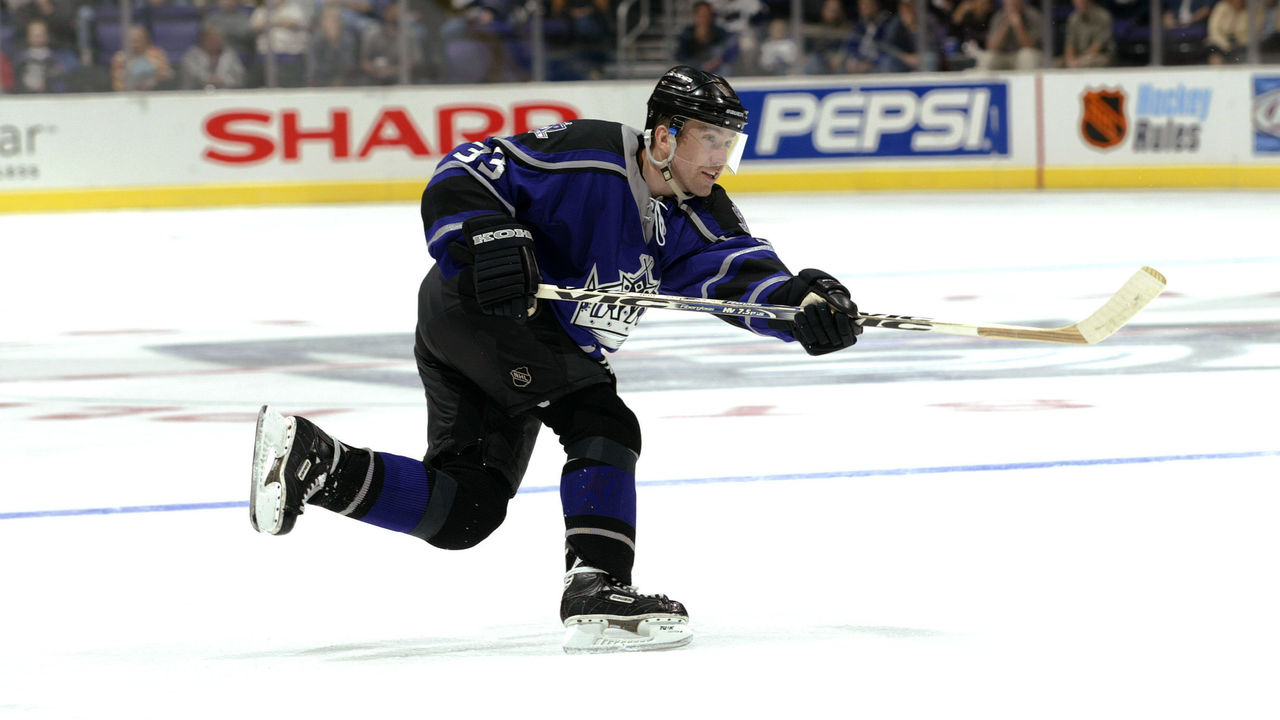 Robert Laberge / Getty Images Sport / Getty
Robert Laberge / Getty Images Sport / Getty| Age | GP | G | A | P |
|---|---|---|---|---|
| 25-31 | 443 | 217 | 260 | 477 |
Palffy was not only one of his generation's most talented forwards, but one of the most underappreciated players of all time. He played on some porous New York Islanders and Los Angeles Kings teams, so he rarely received national recognition, playing in just 24 career playoff games (racking up 19 points).
The 5-foot-10 winger played 42 games with the Pittsburgh Penguins in 2005-06 before retiring due to a lingering shoulder injury at just 33 years old. He played in the Slovak league - which he tore up - in 2007, but never returned to the NHL. Even though his tenure in Pittsburgh was brief, he left a lasting impression on former teammate Sidney Crosby.
"Ziggy was unbelievable," Crosby said during an appearance on the "Spittin' Chiclets" podcast in August. "He just toyed with goalies, could just knock any puck down. You give him any pass, anywhere, he was incredible. So underrated for how good he was."
Pavol Demitra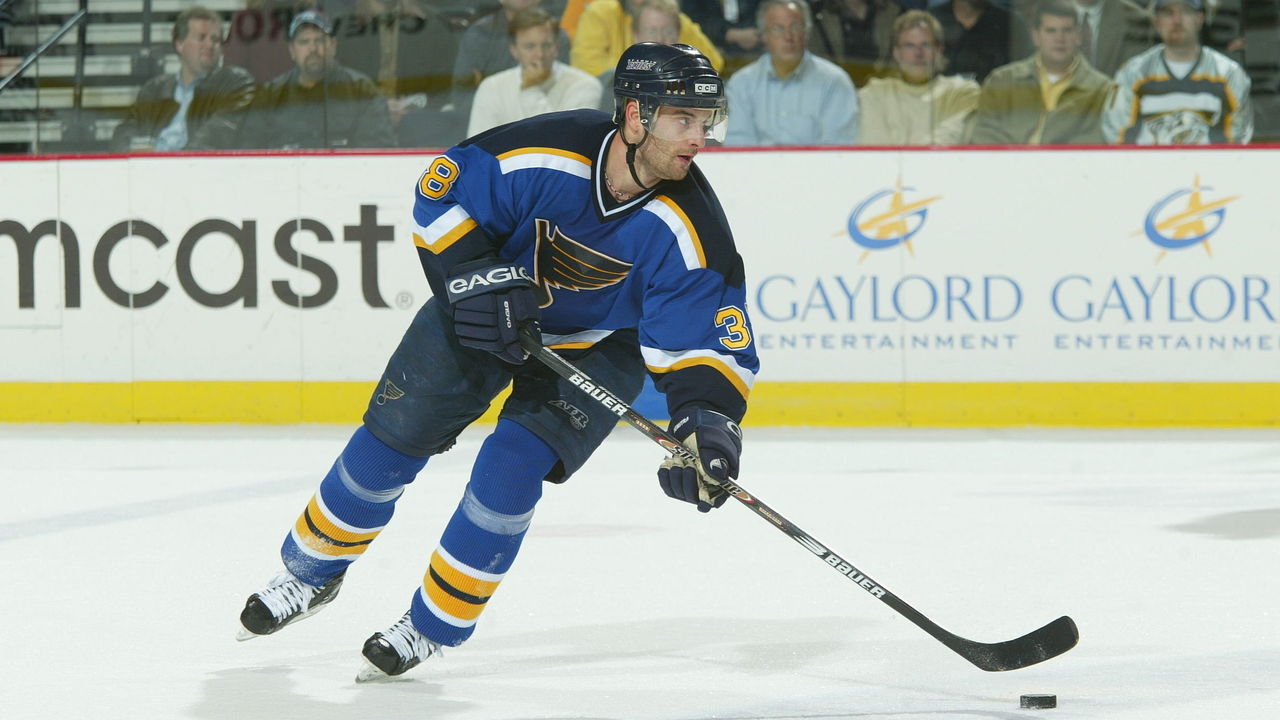 B Bennett / Bruce Bennett / Getty
B Bennett / Bruce Bennett / Getty| Age | GP | G | A | P |
|---|---|---|---|---|
| 23-29 | 486 | 201 | 289 | 490 |
Demitra wasn't overly flashy, but he was so smart and skilled. He peaked in 2002-03, posting a career-high 93 points in his age-28 season. The Slovak winger capitalized a bit when the game opened up in the post-lockout era, but by then, he was on the wrong side of 30. Unfortunately, Demitra died in the 2011 Lokomotiv plane crash at just 36 years old.
Markus Naslund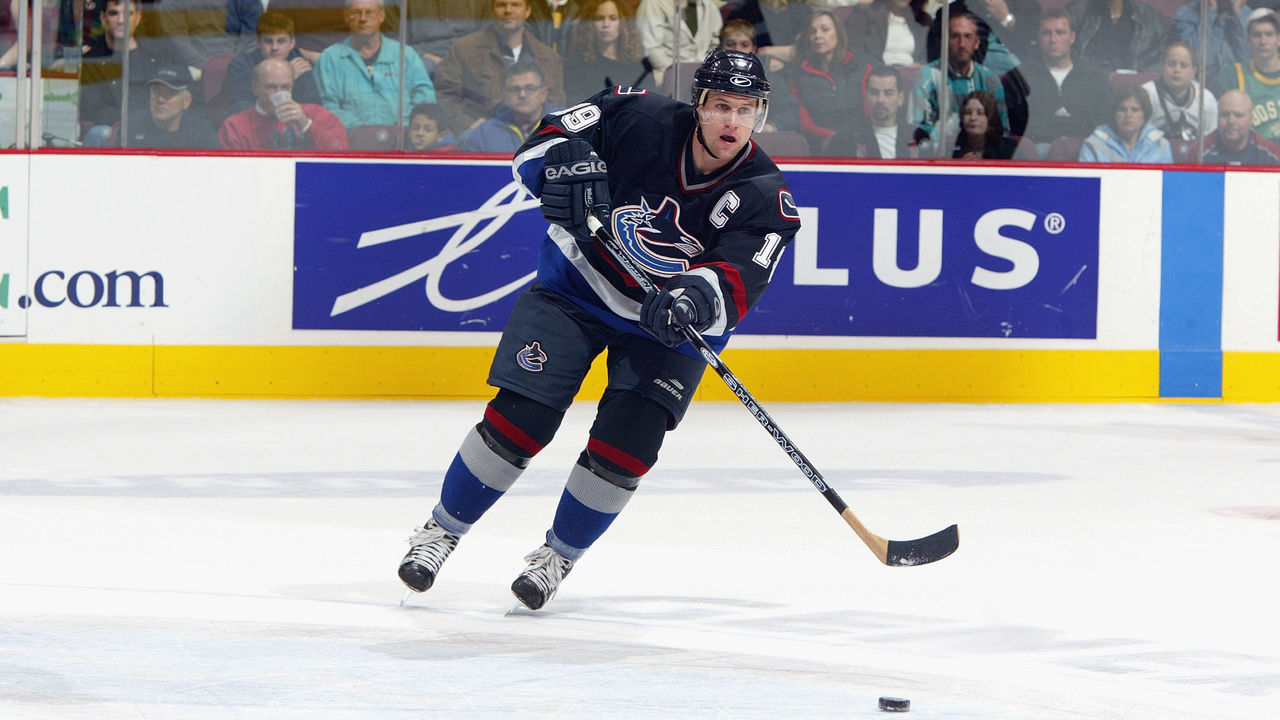 Jeff Vinnick / Getty Images Sport / Getty
Jeff Vinnick / Getty Images Sport / Getty| Age | GP | G | A | P |
|---|---|---|---|---|
| 24-30 | 551 | 241 | 277 | 518 |
Only three players had more points than Naslund during the dead-puck era: Jaromir Jagr, Joe Sakic, and Mats Sundin. The longtime Vancouver Canucks captain was particularly dominant right before the 2004-05 lockout, putting up 90, 104, and 84 points, respectively, in the three seasons prior.
Naslund was the main driver of the famed "West Coast Express" line, which also featured Todd Bertuzzi and Brendan Morrison. The Swede probably won't end up in the Hall of Fame, but he could've made a more compelling case had he received a chance to shine in a higher-scoring era.
Alex Kovalev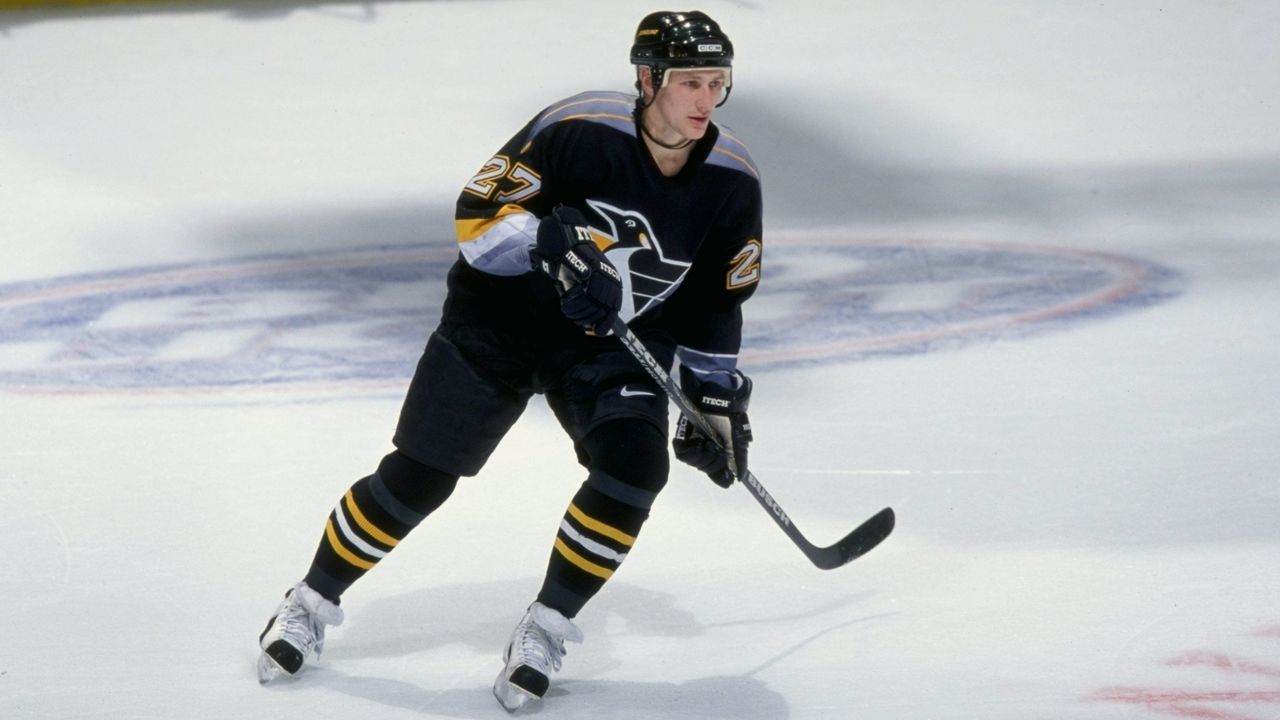 Elsa / Getty Images Sport / Getty
Elsa / Getty Images Sport / Getty| Age | GP | G | A | P |
|---|---|---|---|---|
| 24-30 | 534 | 199 | 266 | 465 |
Few players in league history have possessed as much raw skill as Kovalev. He was big, fast, could stickhandle in a phone booth, and had a rocket of a shot. Heck, he could even go top shelf with one hand. However, Kovalev drove many of his coaches mad with his inconsistent effort.
During his time with the New York Rangers, head coach Mike Keenan famously made Kovalev stay out for a five-minute shift as punishment for not changing lines when he should have, but he ended up drawing two penalties and scoring a goal.
Despite being labeled as an underachiever, Kovalev still managed a career-high 44 goals and 95 points in 2000-01 with the Penguins. Perhaps he could've put more seasons like that together had he spent more of his prime years in the modern game.
Patrik Elias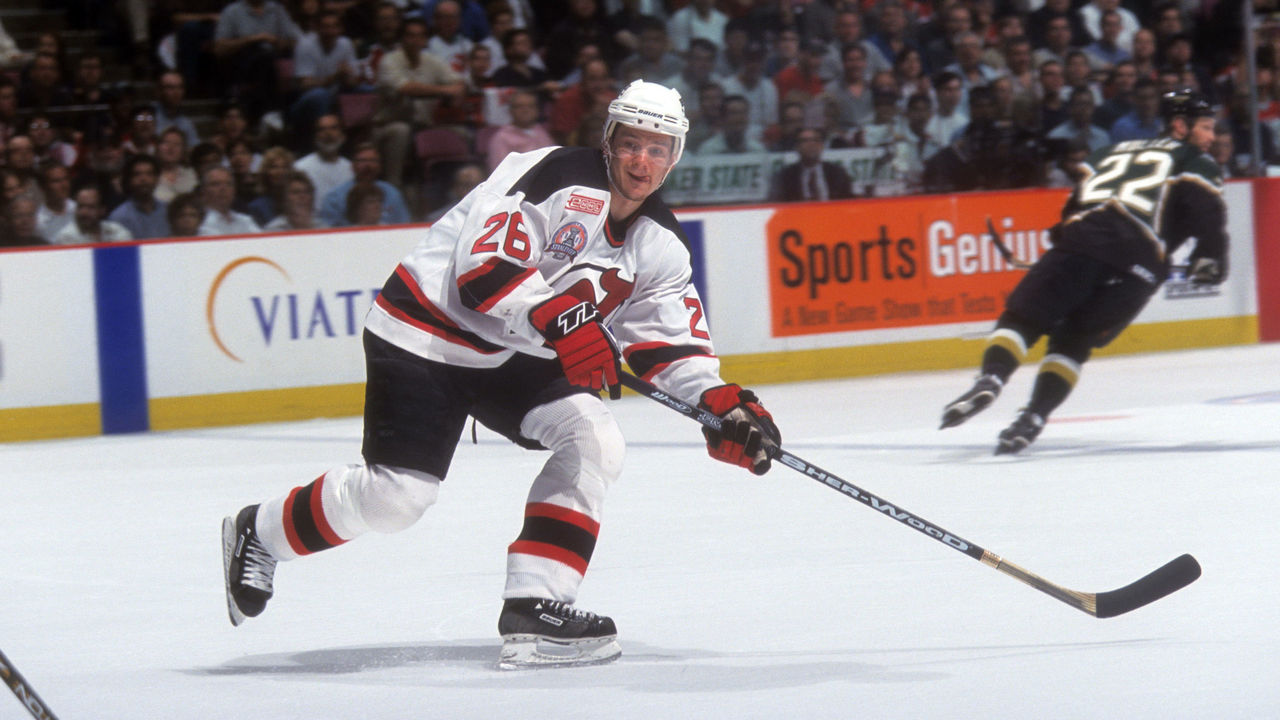 B Bennett / Bruce Bennett / Getty
B Bennett / Bruce Bennett / Getty| Age | GP | G | A | P |
|---|---|---|---|---|
| 21-27 | 540 | 205 | 249 | 454 |
"Elite offensive threat" may not be the first words that come to mind when thinking of Elias. He was known as a versatile, reliable two-way forward in the latter half of his career, reaching the 70-point mark just twice after he turned 30. However, it's easy to forget how dynamic he was in his younger days, as he tallied a career-high 96 points in 2000-01.
While Elias' career year came in a season in which the New Jersey Devils led the league in scoring, they were generally a defense-first team for the duration of his 1,240-game career, and he still managed 1,025 points.
Sergei Samsonov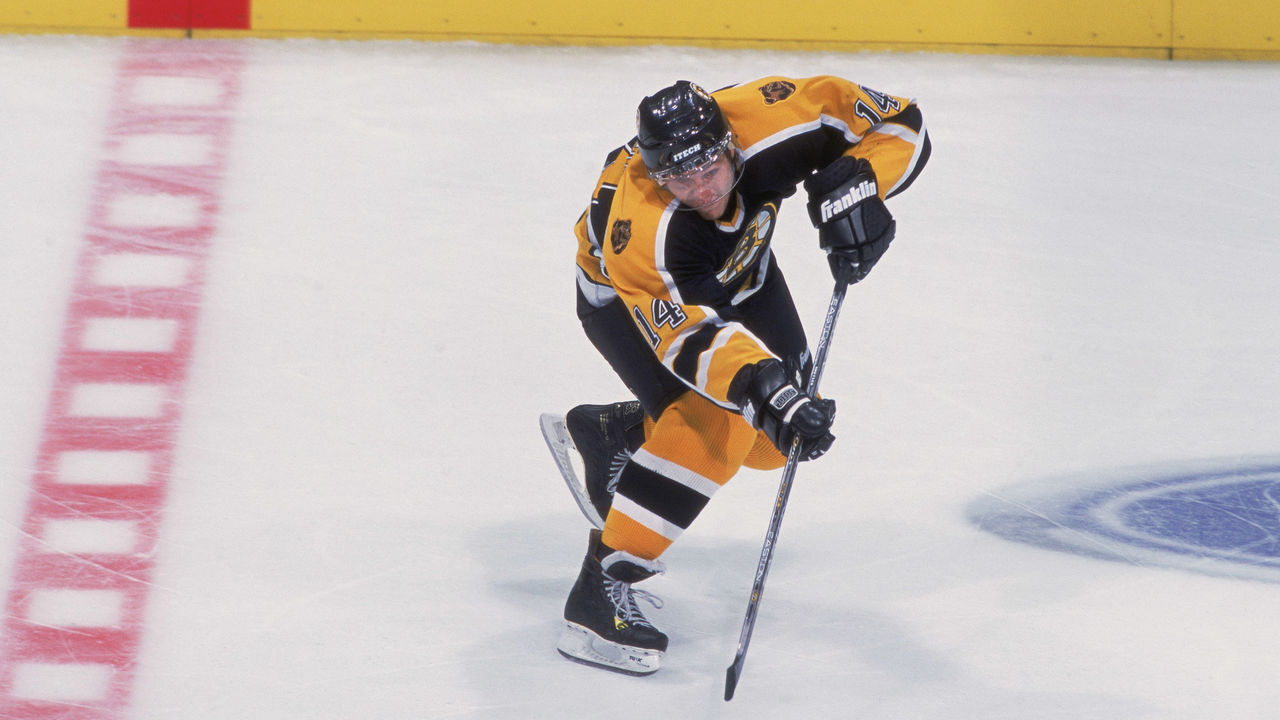 Dave Sandford / Getty Images Sport / Getty
Dave Sandford / Getty Images Sport / Getty| Age | GP | G | A | P |
|---|---|---|---|---|
| 19-25 | 459 | 146 | 193 | 339 |
Samsonov may not be on the same level as the players listed above him, but he was a special talent with a playing style that would've seamlessly transitioned to today's game.
"Mighty Mouse" stood at just 5-foot-8, but he could skate like the wind and had a lethal wrist shot. He had back-to-back 29-goal, 70-plus-point campaigns at age 22 and 23. Unfortunately, a major wrist injury limited him to just eight games in 2002-03 and he was never the same player.
Steve Sullivan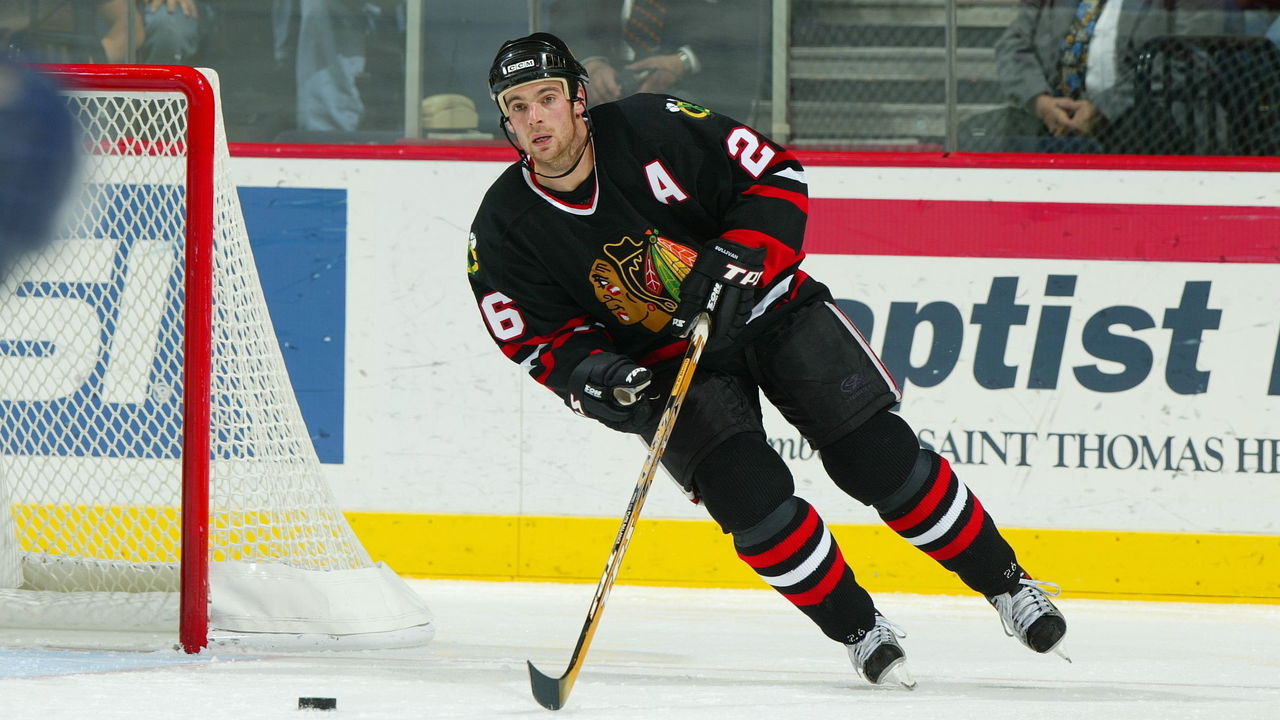 B Bennett / Bruce Bennett / Getty
B Bennett / Bruce Bennett / Getty| Age | GP | G | A | P |
|---|---|---|---|---|
| 23-29 | 527 | 157 | 245 | 402 |
Sullivan was like Samsonov in many ways. The diminutive 5-foot-9 winger was also a tier below most players on this list, but his style of play was tailored to today's game. He was a highly intelligent player with exceptional hands and a nose for the net.
Sullivan was also held back by injuries. After racking up 128 points through his first 126 games in the post-lockout era, he suffered a debilitating back injury that forced him to miss the remainder of the 2006-07 season and the entire 2007-08 campaign. He was never able to top his personal-best season in 2000-01 with the Chicago Blackhawks, when he registered 34 goals and 75 points.
Sandis Ozolinsh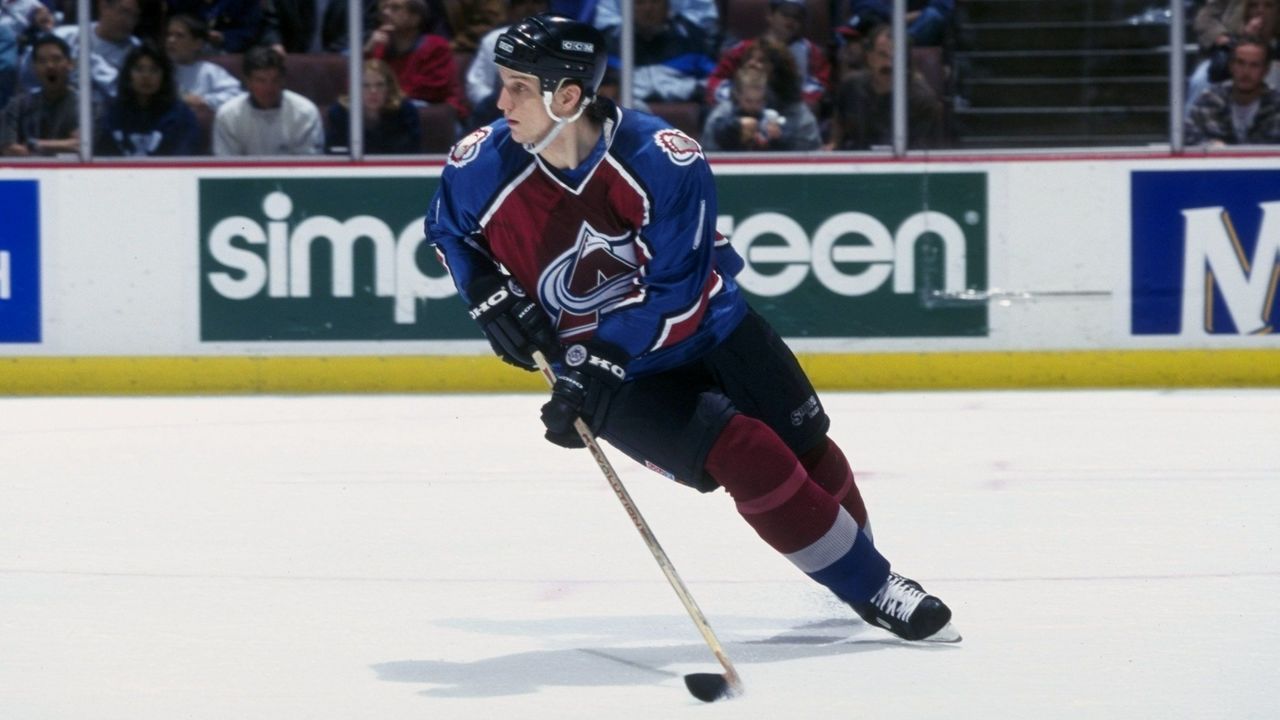 Brian Bahr / Getty Images Sport / Getty
Brian Bahr / Getty Images Sport / Getty| Age | GP | G | A | P |
|---|---|---|---|---|
| 25-31 | 460 | 79 | 212 | 291 |
Ozolinsh was a prototypical offensive defenseman. With his speed and 6-foot-3 frame, he would've shined in just about any era, but his aggressive, offense-first nature certainly would've been more embraced in today's game.
Prior to 1997-98, Ozolinsh had seasons of 64, 54, and 68 points, respectively, before his scoring decreased. Even after the fact, he still maintained impressive production, putting up the ninth-most points among defensemen in the dead-puck era, even though injuries limited him to 100 fewer games than leader Nicklas Lidstrom.
Bryan Berard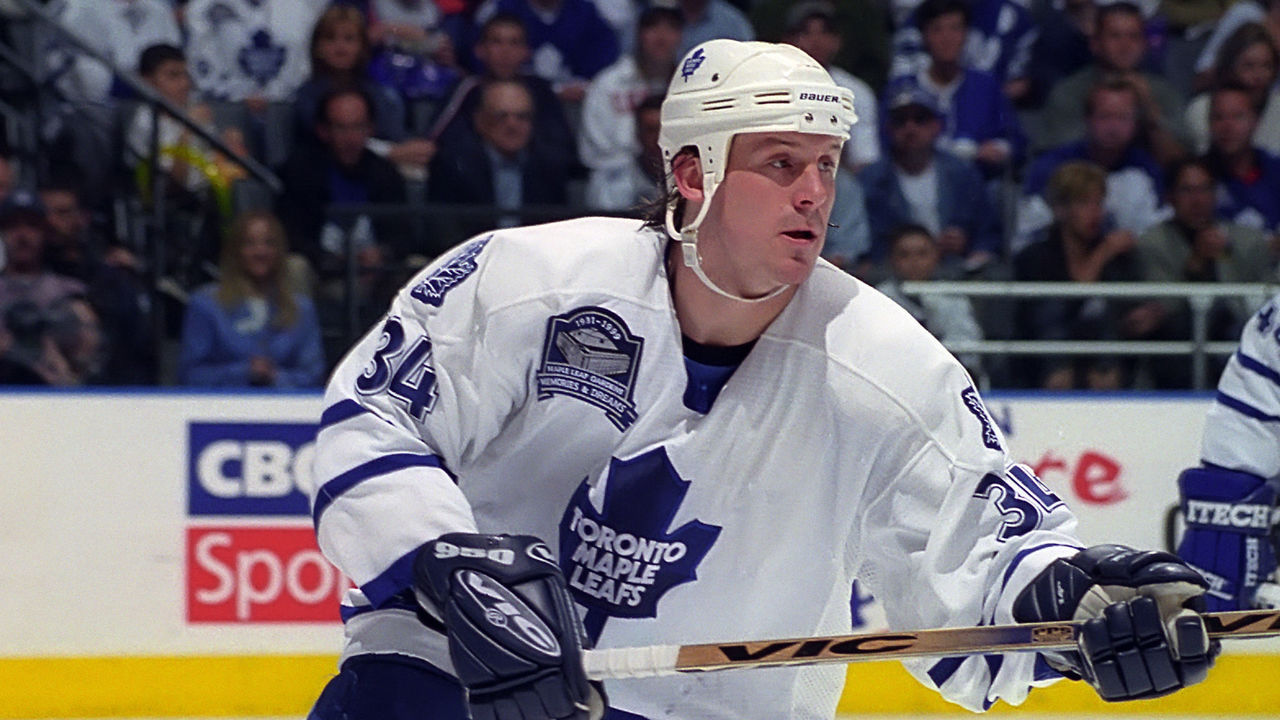 Graig Abel / Getty Images Sport / Getty
Graig Abel / Getty Images Sport / Getty| Age | GP | G | A | P |
|---|---|---|---|---|
| 20-26 | 428 | 51 | 167 | 218 |
Berard is mostly remembered for suffering a severe eye injury from a high stick just after he turned 22 while a member of the Toronto Maple Leafs. The injury, which left the blue-liner without vision in his right eye, overshadowed how good of a player he was, and how great he could've been.
The first overall pick in 1995 by the Ottawa Senators, Berard could absolutely fly and loved joining the rush. He won the Calder Trophy with the Islanders and produced 158 points in 290 games before his injury. He missed the entire 2000-01 season but still wound up having some productive years. He recorded 47 points in 58 games (with basically one eye, mind you) in 2003-04, which stands as the NHL's lowest-scoring season since 1955-56.
Oleg Tverdovsky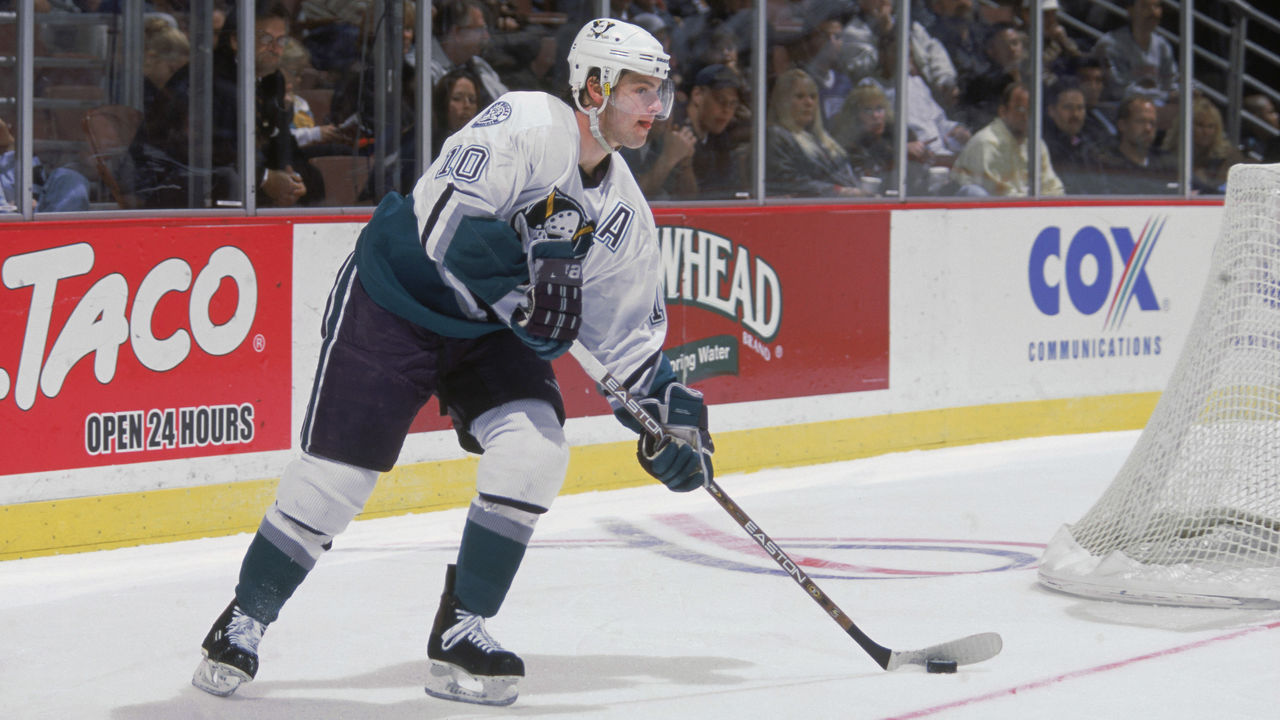 Robert Laberge / Getty Images Sport / Getty
Robert Laberge / Getty Images Sport / Getty| Age | GP | G | A | P |
|---|---|---|---|---|
| 21-26 | 415 | 54 | 139 | 193 |
Tverdovsky's prime and his career altogether were short-lived, but he was a superb offensive talent in his heyday. He tallied three 50-point seasons as a defenseman before his 25th birthday, but never surpassed 32 points again.
Perhaps if he spent his prime years in today's game, we would've seen more goals like this spin-o-rama beauty (but without the Luc Robitaille water-skiing).
Copyright (C) 2020 Score Media Ventures Inc. All rights reserved. Certain content reproduced under license.